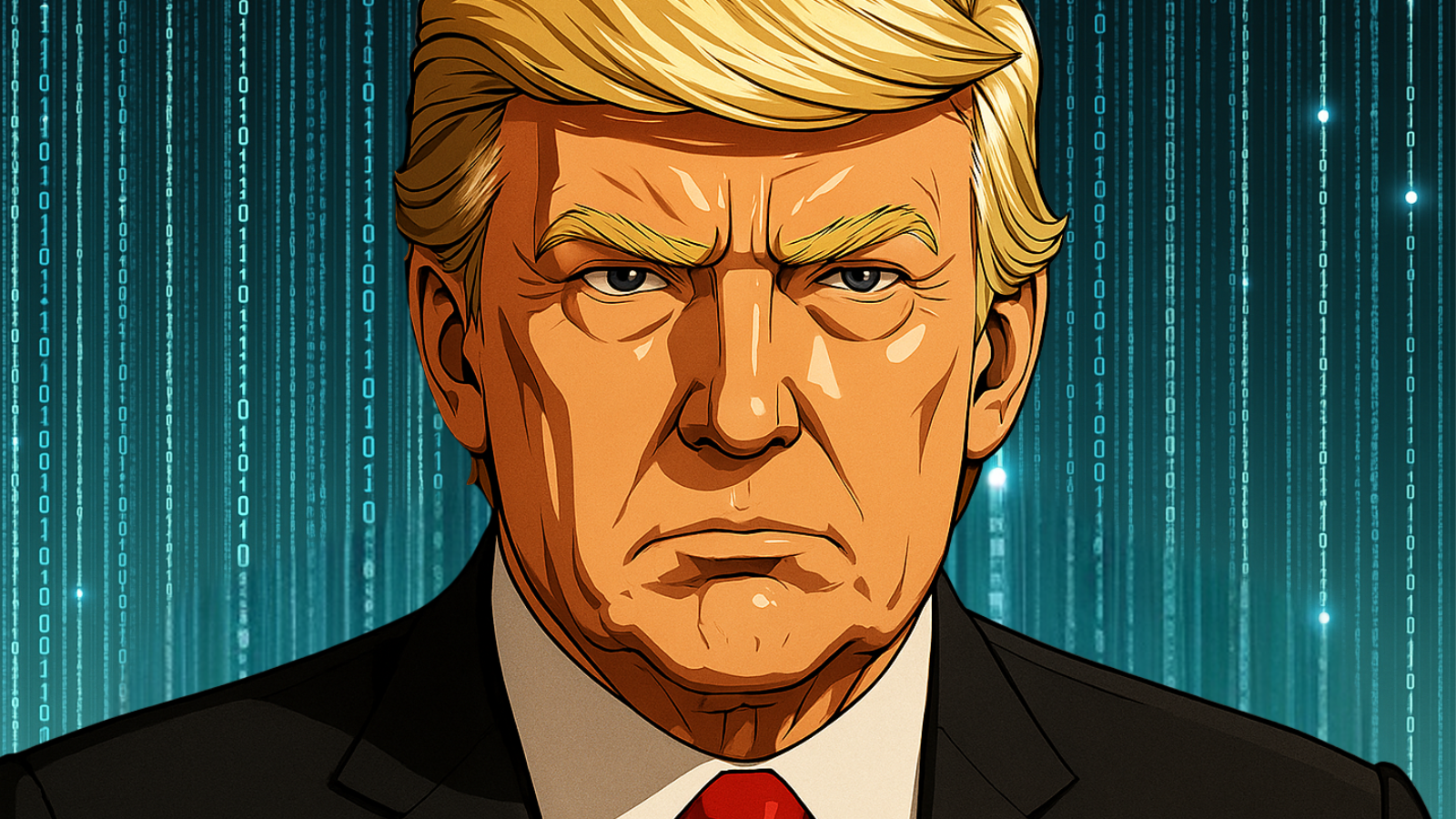Trump to Open 401(k) Plans to Crypto for US Workers
White House confirms executive order to reshape retirement investing with digital assets

US President Donald Trump is set to sign an executive order that could transform how Americans invest their retirement savings by allowing cryptocurrencies to be included in 401(k) plans. The White House confirmed that the order will direct the US Labor Department to reassess restrictions on alternative assets such as digital currencies, private equity, and real estate in defined-contribution plans.
Once implemented, the order would open the $12.5 trillion 401(k) market to crypto, offering millions of Americans direct exposure to digital assets through their retirement portfolios. This marks a major breakthrough for the crypto industry, which has long sought broader access to retail investors and legitimacy within the traditional financial system.
A senior White House official revealed that the directive will instruct the labor secretary to issue clear guidance on fiduciary standards for including alternative investments in retirement plans. It will also call for inter-agency coordination with the Treasury and the SEC to explore potential rule changes supporting crypto adoption in these products.
Currently, everyday savers face barriers to investing in crypto through retirement plans due to regulatory uncertainty, fiduciary liability concerns, and volatility risks. Institutional investors have already increased crypto allocations, but retail participation has remained limited.
Trump’s move follows recent policy shifts at the Labor Department, which in May revoked its 2022 guidance warning fiduciaries to be “extremely cautious” with crypto in 401(k) plans. SEC Chair Paul Atkins emphasized that investor education and risk disclosure will be essential before implementation.
White House spokesman Kush Desai reiterated that only official statements from the president should be considered definitive, adding that Trump is committed to restoring prosperity for everyday Americans and protecting their economic future.


